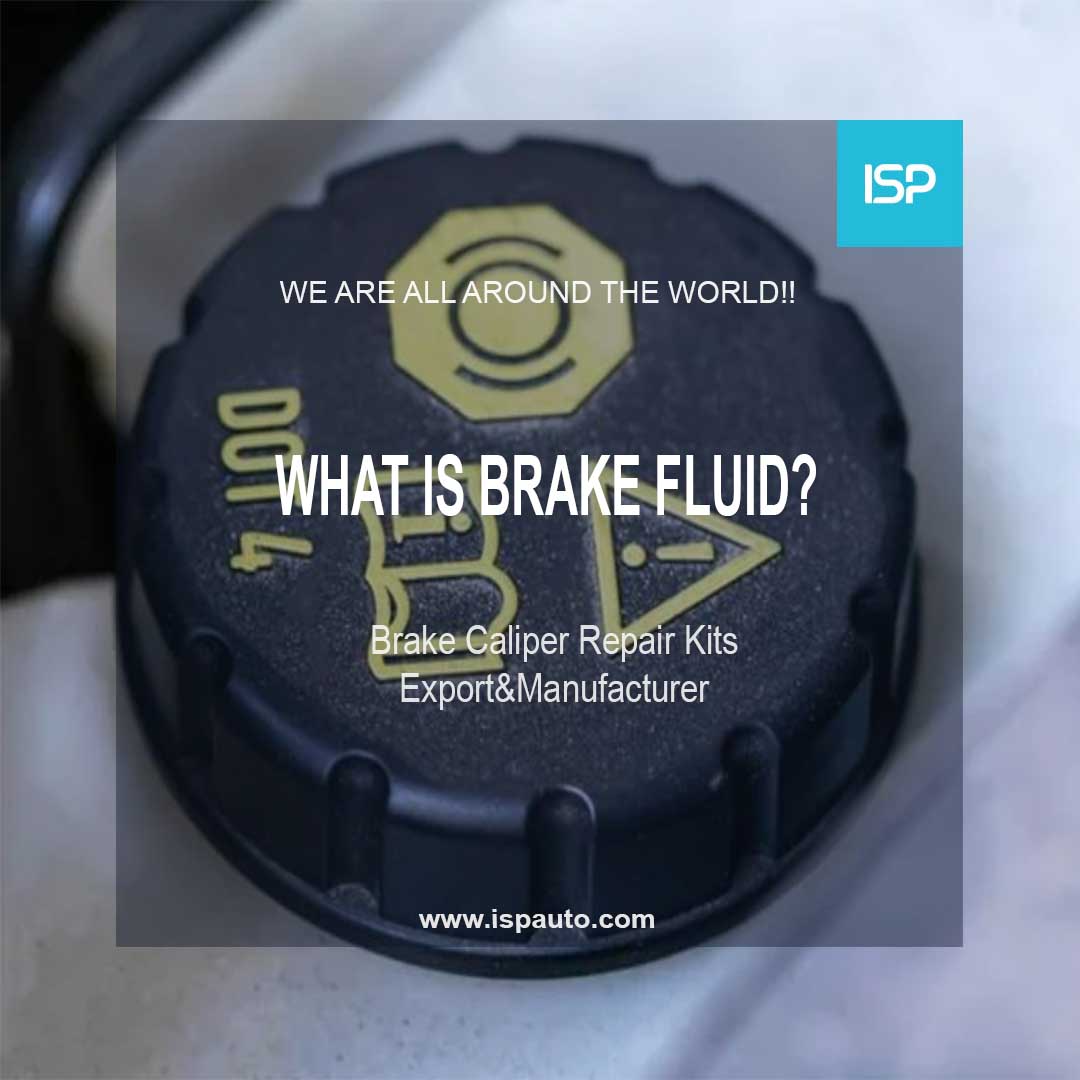
Brake fluid is a critical yet often overlooked element in a vehicle's braking systems. In this article, we will delve deeper into the complexity of brake fluid, understanding why it is essential, and exploring how to effectively check and maintain it.
Anatomy of Brake Fluid
Brake fluid is typically a specialized liquid containing glycol or other synthetic-based substances. This fluid facilitates the transmission of hydraulic pressure among brake system components, enabling the brakes to function effectively. Additionally, brake fluid is designed to be resistant to high temperatures and has corrosion-inhibiting properties.
Significance of Brake Fluid
Ensuring Safe Brake Performance: Brake fluid plays a crucial role in regulating pressure among components within the brake system, contributing to safe and efficient brake performance.
Temperature Resilience: Its resistance to high temperatures prevents overheating in frequently used brake systems, preserving the effectiveness of the brakes.
Corrosion Prevention: Brake fluid protects metal components within the brake system from corrosion, extending the system's lifespan.
Tips for Brake Fluid Inspection and Maintenance
Regular Level Checks: Routinely monitor the brake fluid level, easily observable in a transparent tank. If the level is low, proceed with careful refilling.
Changes in Color and Odor: It's crucial for brake fluid to maintain a clear and clean appearance. If there are noticeable changes in color or unpleasant odors, consult a professional promptly.
Bleeding and Flushing Test: Regularly conduct a bleeding and flushing test recommended by professional services. This test is essential for purging air bubbles from the hydraulic system and ensuring an effective check of the system.
Replacement Time: Adhere to the manufacturer's guidelines for the replacement intervals of brake fluid, either based on time or mileage. This is critical for sustaining performance and durability.
Leak Checks: Periodically inspect hydraulic lines and brake components for any signs of leaks. If leaks are detected, seek immediate assistance from a professional to address the issue.
Conclusion
Brake fluid stands as a critical element for vehicle safety. Thorough inspections and maintenance ensure the longevity of the brake system and provide a secure driving experience. It's imperative to prioritize safety, and brake fluid is undeniably a cornerstone of that safety. Regular checks and maintenance are essential, and any uncertainties should be addressed by a qualified service professional.
See the next content..